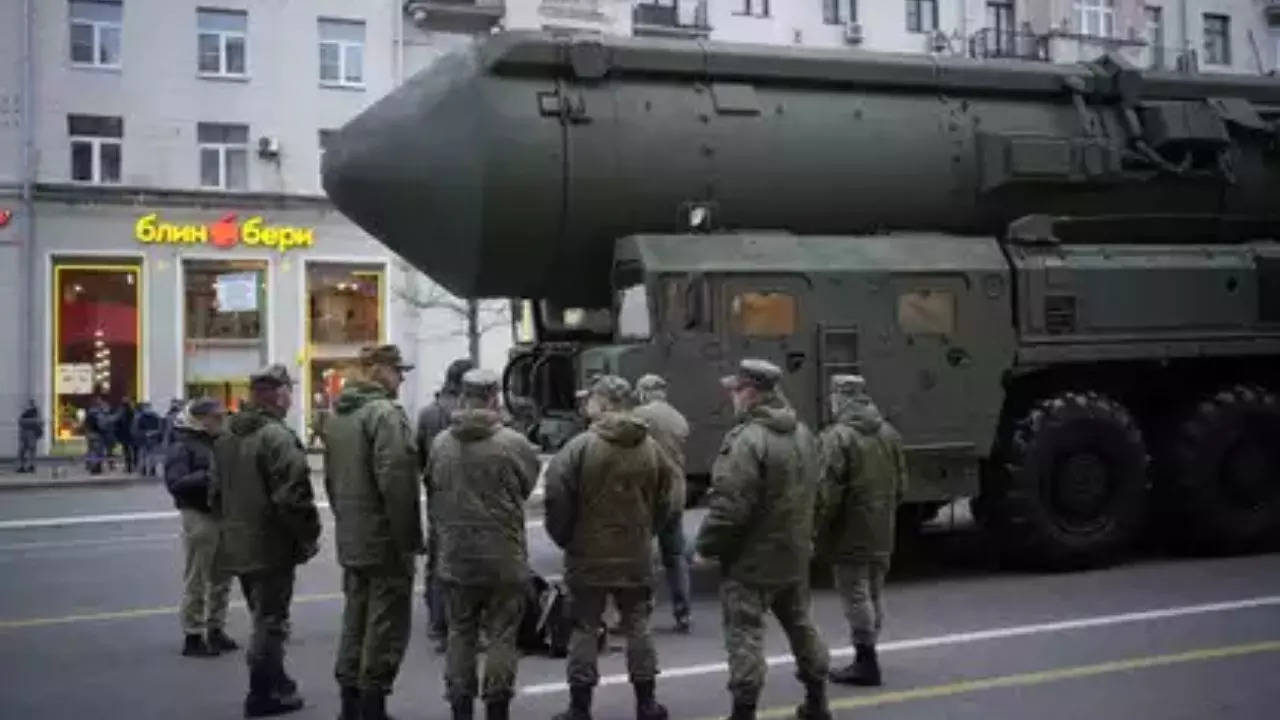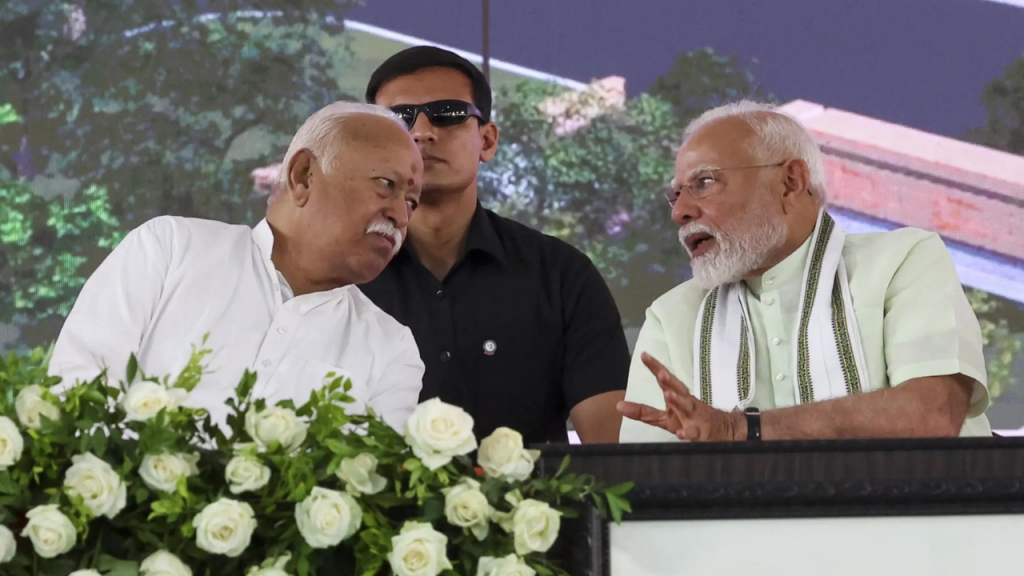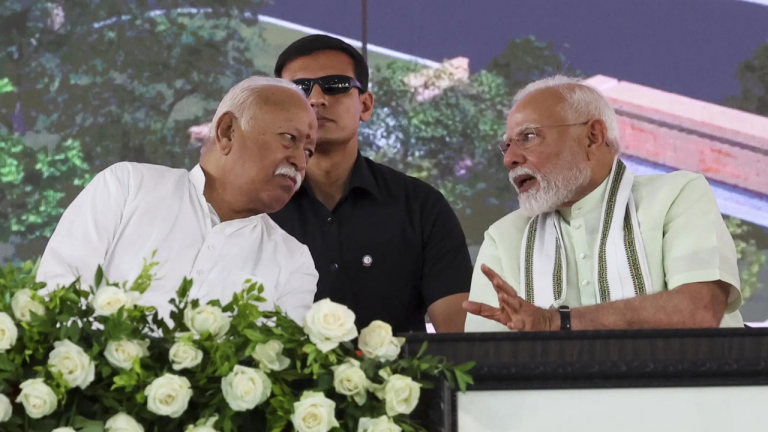After the fall of the Soviet Union, Ukraine inherited a significant nuclear stockpile. Despite possessing these nuclear weapons, Ukraine chose to relinquish them due to financial burdens and geopolitical risks. The 1994 Budapest Memorandum promised security guarantees to Ukraine, which were put to the test when Russia annexed Crimea and backed separatists in Ukraine. The current Russia-Ukraine conflict underscores the vulnerabilities of Ukrainian security in the absence of nuclear deterrence. The decision to give up nuclear weapons has left Ukraine dependent on international alliances for security, exposing it to external threats. The need for a reliable security framework is now more pressing than ever as Ukraine grapples with ongoing tensions in the region. The fallout from the conflict has raised questions about the effectiveness of diplomatic agreements in ensuring national security. With Russia’s assertive actions in the region, Ukraine’s security concerns have been thrust into the spotlight. As Ukraine navigates these challenges, the global community closely watches the developments in the region. The delicate geopolitical balance in Eastern Europe underscores the importance of a robust security strategy for Ukraine. The repercussions of the conflict extend beyond the region, impacting global security dynamics. Ukraine’s nuclear disarmament decision continues to shape its security landscape, emphasizing the complexities of international relations in a post-Cold War era.

Posted in
JUST IN
Ukraine’s decision to give up nuclear weapons backfires amid Russia-Ukraine conflict, exposing security vulnerabilities without deterrence.
In Trend

“Indian government unveils plan to boost renewable energy capacity, targeting 450 GW by 2030”




















